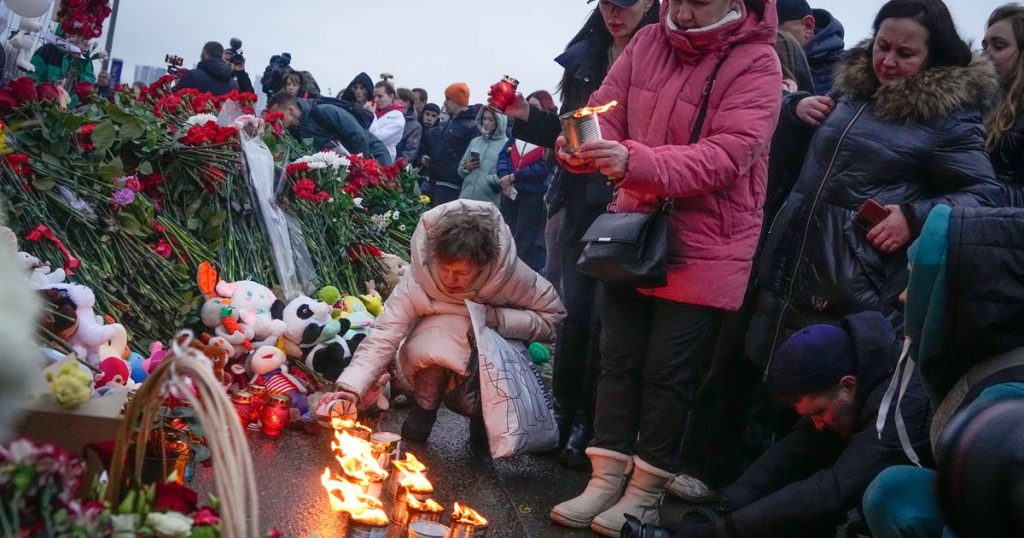In response to a warning from the West about potential aggression, Russian President Vladimir Putin dismissed the concerns as “provocative” fearmongering. Putin downplayed the significance of the warning and expressed skepticism about the intentions behind it. The warning from the West likely stems from ongoing tensions and conflicts between Russia and Western countries, such as the crisis in Ukraine and the annexation of Crimea. Putin’s dismissal of the warning reflects the strained relationships between Russia and the West, as well as his own tendency to assert Russia’s power and independence on the world stage.
Despite Putin’s dismissal, the warning from the West should not be taken lightly. Russia’s actions in recent years, such as military interventions in Syria and Ukraine, have raised concerns about its aggressive behavior on the international stage. The warning may be a response to Russia’s increasing assertiveness and willingness to challenge Western interests and alliances. Additionally, Russia’s ongoing efforts to modernize its military capabilities and expand its influence in regions such as the Arctic have also raised flags among Western countries. As such, the warning may be a precautionary measure to deter Russia from engaging in further destabilizing actions.
Putin’s characterization of the warning as “provocative” may be a reflection of his own perception of Western interference in Russian affairs. Putin has long accused Western countries of seeking to undermine Russia’s sovereignty and influence in global politics. The warning may be viewed by Putin as another attempt by the West to contain and isolate Russia, particularly in light of recent sanctions and conflicts. Putin’s dismissal of the warning may also be a way to project strength and defiance in the face of perceived threats and pressures from the West.
The dismissal of the warning by Putin may also be an attempt to assert Russia’s independence and autonomy in foreign policy decisions. Putin has consistently positioned Russia as a key player in global affairs, advocating for a multipolar world order that respects the sovereignty of all nations. By rejecting the warning as fearmongering, Putin may be signaling to the West that Russia will not be swayed or intimidated by external pressures. This defiance may also be a way for Putin to appeal to domestic audiences and rally support for his leadership amidst growing tensions with Western countries.
Ultimately, the dismissal of the warning by Putin highlights the deep-seated mistrust and antagonism between Russia and the West. The ongoing conflicts and disagreements between the two sides have created a volatile and unpredictable environment in which warnings and threats are met with skepticism and defiance. While Putin’s dismissal may be a strategic move to project strength and assert Russia’s autonomy, it also underscores the challenges and complexities of navigating international relations in an increasingly polarized world. As tensions continue to simmer and relationships remain strained, it is imperative for both sides to find ways to engage in constructive dialogue and diplomacy to prevent further escalation and conflict.


